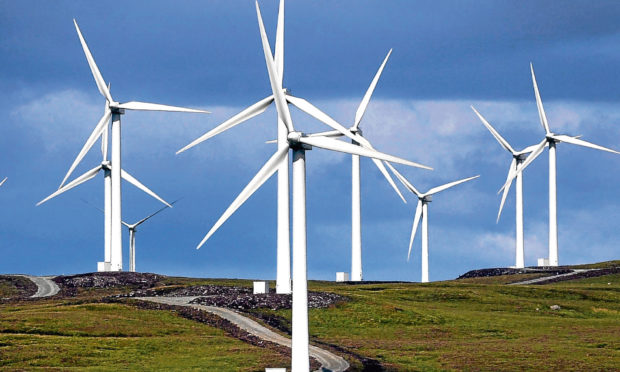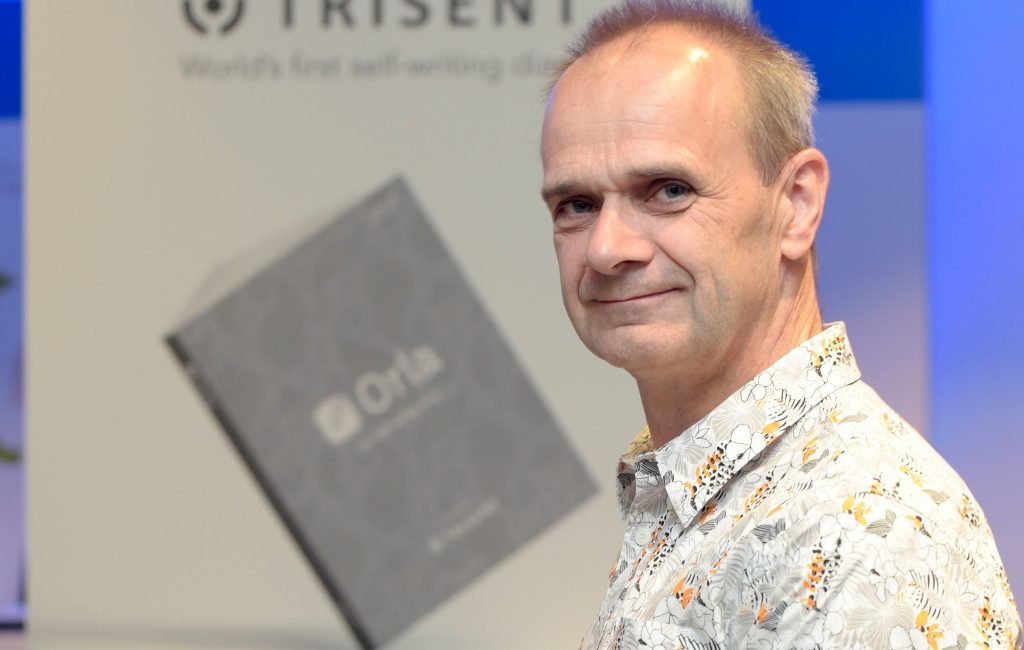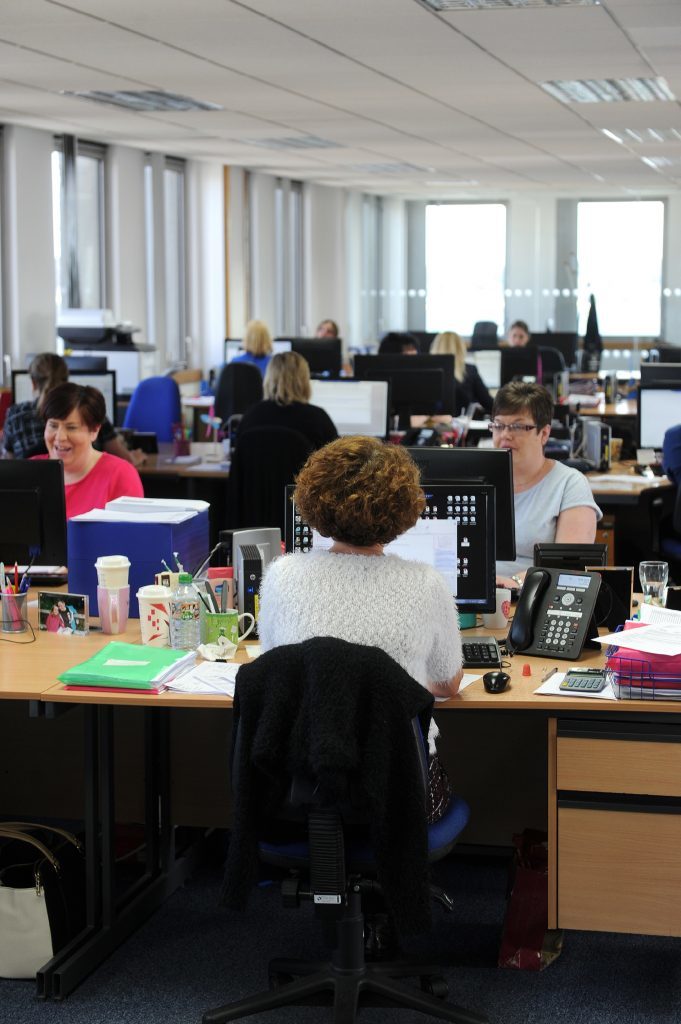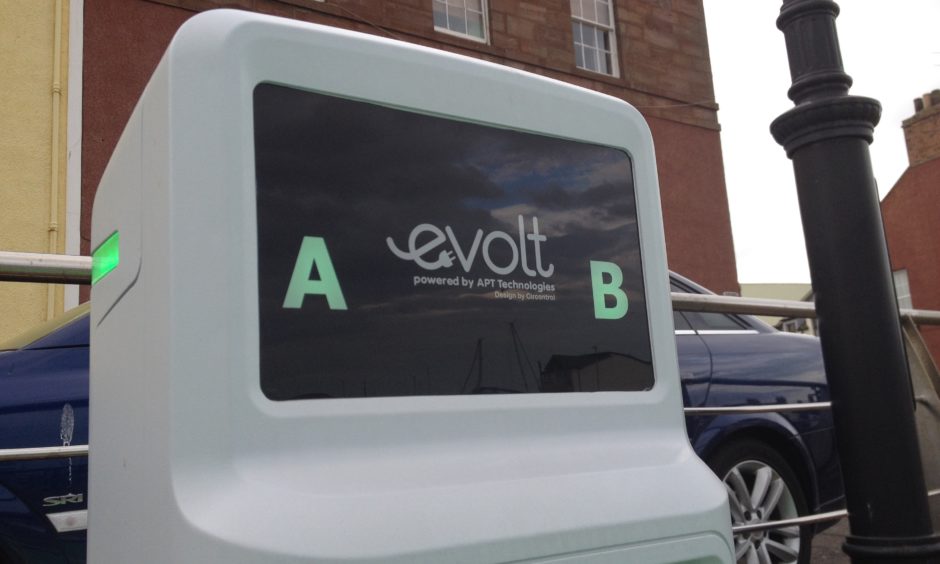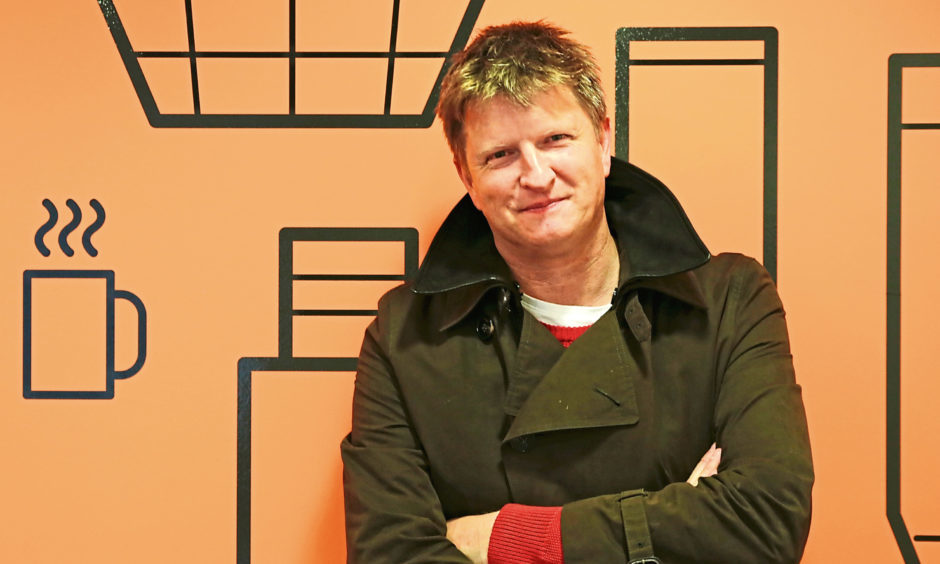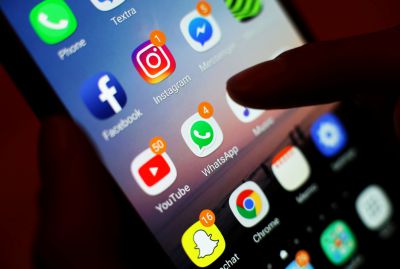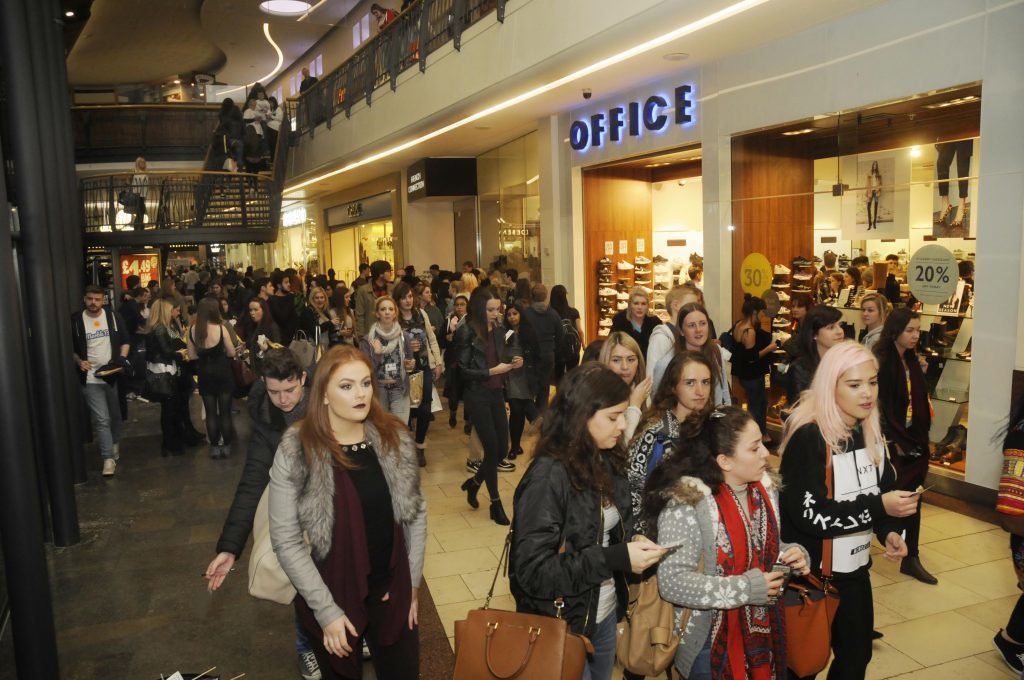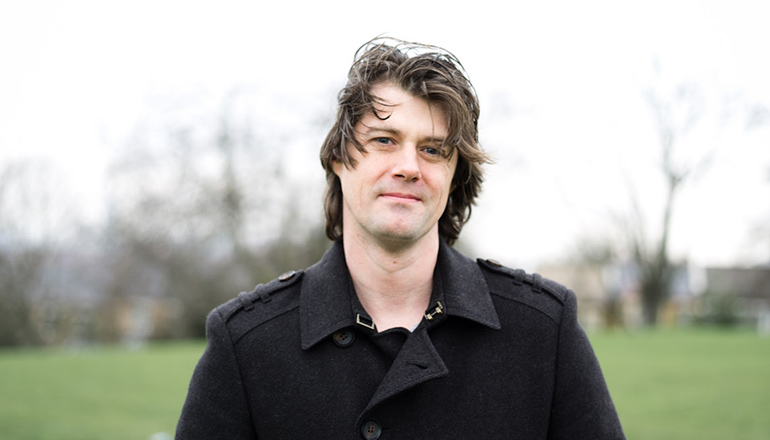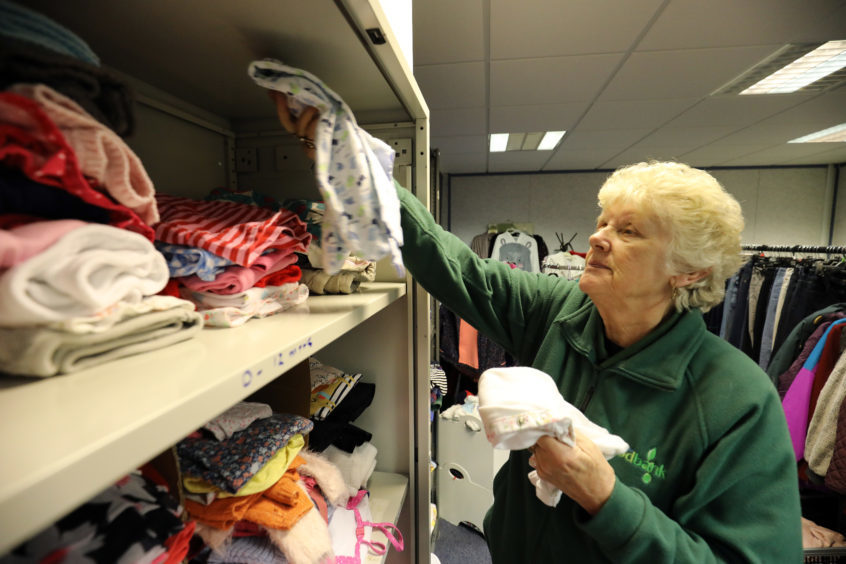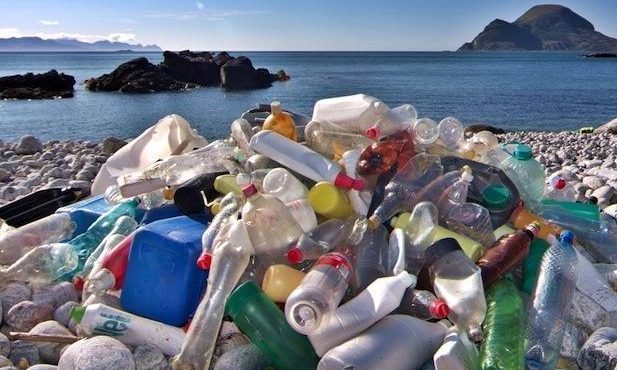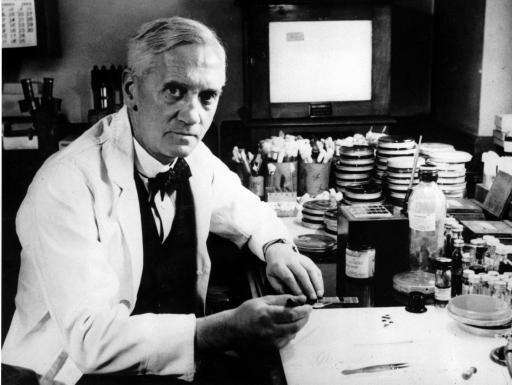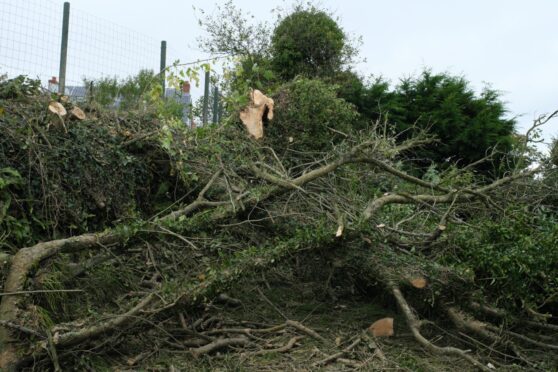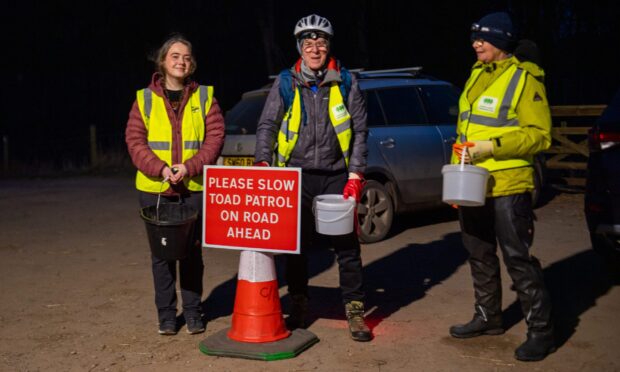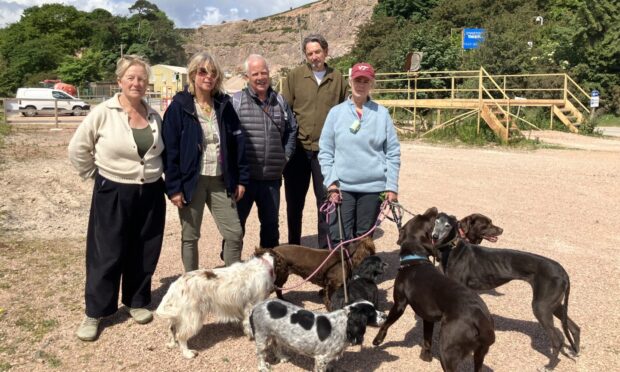Predicting the future is hard – especially in these difficult times – but that hasn’t stopped Michael Alexander trying to find out what the world might look like in 10 or 20 years time.
Look back to past visions of how today – or even yesterday – might look, and the predictions can range from the downright ridiculous to the strangely accurate.
Cliched predictions of flying cars and living on the moon have so far turned out to be far-fetched, while the suggestion in 1900 that people could watch a projected theatre performance in their own home – 27 years before the invention of television – was way ahead of its time.
But as the impact of Covid-19 throws the concept of ‘normal’ into a state of flux and with humankind being forced to innovate and rapidly change how it lives and works, what will the ‘middle future’ of 10 or 20 years from now look like?
Just as clunky VCRs and chunky Windows 95 powered computers from the early days of the internet have been overtaken by digital streaming and flat screen devices, will technology continue to revolutionise how we work, bank, shop, travel and socialise, or will the legacy of coronavirus and how we try to avoid future world crises be far more dramatic?
Danish Nobel Prize winning physicist Niels Bohr once said that “prediction is very difficult, especially if it’s about the future”.
But many people make it their life’s work to look ahead and predict future trends.
Kirkcaldy-based serial technology entrepreneur Gordon Povey, 57, has a background of leadership in commercial, technical and educational roles.
While everyone’s relationships with technology, family, friends, colleagues, education, recreation, government and the environment has radically altered over the past few months, he questions whether things can ever really go back to what he regards as a “comfortable and imperfect normal”.
While he would never wish the pain of coronavirus bereavement and anxiety on anyone, he believes the world can emerge a better place – particularly in the realms of technology and environment.
“The biggest transformation I have seen during this pandemic is in the way I have had to work, and steps I have taken to maintain my own and family’s well-being in a lockdown situation,” he said.
“In business I have embraced digital technology through forced necessity and have seen benefits beyond my initial expectations.
“However, it is actually the societal benefits that excites me most. During lockdown we have seen major reduction in air pollution, and significantly less carbon emissions. We have potentially just taught ourselves how to deal with the greatest threat to mankind i.e. climate change.
“The other aspect of personal change I have made during lockdown, and that I expect to maintain, is daily exercise.”
Mr Povey said the greatest threat to humans on the planet remain rapid climate change, another pandemic and nuclear war.
If we have learned anything it should be to plan for the future to avoid future doom – characterised in all three scenarios by mass deaths and economic meltdown, he said.
However, despite short-term disruption, he believes the current situation will actually accelerate our path to a better more sustainable future.
He believes changes in the next 10-20 years, driven by the shift to more sustainable living – in part accelerated by lessons from the current pandemic – will include smaller offices, widespread use of hot-desking, video conferencing and remote working days for professionals overtaking office days.
Town centres will be void of large stores but full of independent retailers, cafes, bars and restaurants.
Small offices or working hubs will have reclaimed many of the former retail spaces in central areas. Large suburban office complexes will be in decline and their large carparks will be just one third full of cars docked in battery charging bays.
The working week is likely to change to four days per week for many professional workers and AI will speed up many of the more routine work tasks.
Most doctor surgeries will provide appointments on demand with 24 hour consultation via video call and few people will need to travel to surgeries for appointments.
Education will be transformed by eLearning and remote working technologies. Cash will become obsolete in favour of contactless personal or wearable devices. The use of local currencies secured on public blockchain technology will grow in popularity along with small independent on-line banks.
Towns will be covered with thousands of tiny low-cost surveillance cameras using encrypted Internet of Things technology.
Wearable devices will contain health monitoring sensors with discounted national insurance payments or other government incentives given to those that can demonstrate a healthy lifestyle via their health and fitness data.
Carbon footprint monitors will be widely used, and incentives given by local government and other organisations to maintaining a low-carbon lifestyle.
Highly regulated drones will be very common in towns and cities for police work and other types of surveillance.
Most internet services will be delivered wirelessly by fast 6G technology with internet/mobile providers providing secure personal data silos.
On-line retail will have grown to 60% of all sales but ‘retail therapy’ will still be popular.
Car ownership will be in rapid decline with most adults being members of a car share club, or just reliant on taxis. All new cars will be zero-emission vehicles.
The use of air travel for business travel will have declined rapidly due to corporate sustainability targets and heavy tax penalties. New hydrogen powered aircraft will be introduced.
Remote working will lead to less use of public transport although there will be an increase in travel for pleasure activities.
High levels of renewable energy, and growing areas of forestation, will mean Scotland is on target to meet net zero carbon emissions by 2043, two years ahead of target, he predicted.
Chris Martin, CEO of pioneering Dundee-based mobile app development company Waracle Ltd, also has a vested interest in what the future looks like.
He believes the coronavirus has shone a light very clearly on the “inadequacies” of digitising the health and wellness sector, especially the public sector. Virtual doctor appointments will definitely feature strongly in the future.
However, he also believes remote working is here to stay and home working can never again be viewed by organisations as “mass skiving”.
Commercial property will have to rethink just as it was adapting to shared working spaces. Large, expensive city centre office spaces will be clung to by the public sector but innovative businesses will adapt to touch down offices – needed for meetings and events and part time working space only. Five day working will also be questioned.
However, mobile technology will also increasingly become/remain the ‘channel of choice’ for the majority. With hand hygiene at the forefront peoples’ minds, multi-use public service terminals like those used in McDonalds, airport check-ins, train ticket purchasing and ATMs will no longer be viewed as safe.
He agrees cash will decline until it “only remains the domain of the underbanked market” while paperwork will also become a thing of the past (and should be now!).
He also predicted that delivery and logistics will supersede city centre retail.
“The regular flow of empty shops that we have seen pop up over the last few decades were only a precursor to what we will see post Covid,” he said.
“People will not choose to shop in hot, crowded, air conditioned spaces when they can get deliveries or click and collect that avoids crowds, parking and public transport.
“As retail changes to small, local, boutique offerings and large office space utilization change, city centres need to be reconsidered for things like housing.
“Legal requirements today that dissuade landlords from renting out above shop floors to housing need to be revisited as a way of getting people into city centres.
“Vibrant urban housing will create a different buzz in downtown locations that otherwise will be left empty and under utilised.
“This could be really important to growing the tech scene and attracting the type of talent that any tech hub city wants to attract. Otherwise this talent will be lost in other more vibrant and socially aware cities.”
London-based writer, businessman, public speaker and “reluctant futurist” Mark Stevenson has been warning government departments, corporations and NGOs for years that the world’s systems are “failing”.
From education to healthcare and food production to energy supply, he’s repeatedly advised on the consequences of systems “creaking under the weight of modern challenges” and, as the world’s population approaches 10 billion, says it’s clear we need new approaches.
The pandemic, for example, has exposed the “breaking of the social contract”. Running the global village as a business on a “just in time basis” costs more in the long run, as current events were demonstrating, he said.
“If you mess with the soil in a field, then don’t be surprised if at some point the field falls over!” he added.
But the 49-year-old father of two young children says the “good news” is that he hopes the world can use this moment to “re-address some of the horrific inequalities” that have been exposed.
With vested interests wanting the world to go back to how it was, however, he says that will depend on how soon the world overcomes the virus and the extent of the recession.
“If we had a vaccine tomorrow and it was available tomorrow, we’d probably all go straight back to how it was before with no change,” he said.
“If we’ve got a year or 18 months ahead of us with social distance etc, that’s going to fundamentally change the psyche of the world”.
But don’t presume it’s technology that will make this happen in the decades ahead.
“The problems we have with society are our relations with the natural world, the questions of ethics, morality, equality, provenance, justice – those are not problems that are solved by technology.
“I’m a massive fan of the power of technology because it gives you options – I’m a big fan of renewable energy and all that kind of stuff.
“But really the fundamental questions are ethical and morale and political. They are not going to be solved by new technology.
“Some technologies which are supposed to help us be more egalitarian – things like social media – end up exacerbating existing prejudices.
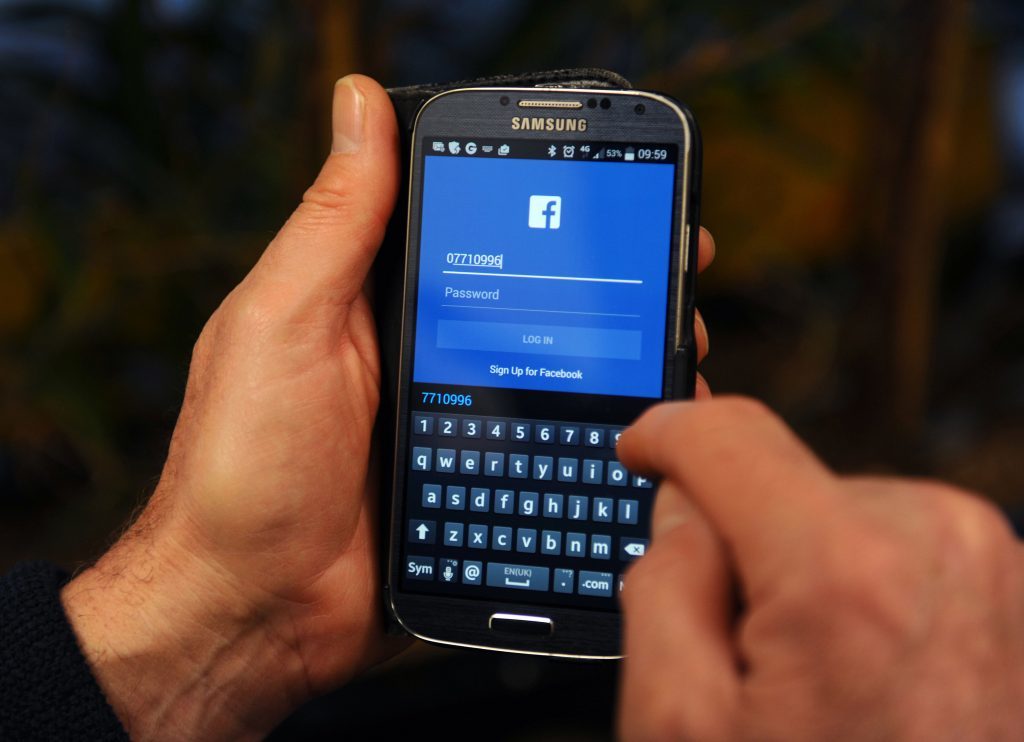
“These problems will not be solved by tech and I think that’s great because it will force us to think more carefully.
“If you look at most nations and corporations, their business model is to turn environmental and social degradation into short term profit at the expense of the future.
“That’s the problem we have with society at the moment.
“I’m not making a political point, that’s just the way it is.
“If you put too much carbon into the atmosphere, if you have too much soil erosion, if you don’t take care of the poorest and most vulnerable of society, then you have this bottom up hollowing out and the system collapses.
“Every astronaut will tell you it makes no sense to punch holes in your own spaceship!
“But that’s what we are doing both socially and environmentally.”
Mark says that when broaching the future, there needs to be a “realism of the intellect” and an “optimism of ambition”.
And the National Theatre of Scotland’s ‘futurist in residence’ believes Scotland is one of the best placed nations to lead on that.
“If you look at the modern world as it stands, Scotland pretty much invented it,” he said.
“Antibiotics – Alexander Fleming, philosophers of the 18th century, the industrial revolution – you literally invented the modern world. All our ideas about civilisation.”
Mark traces the roots of this back to the 1696 Education Act of the Scottish Parliament that ordered locally funded, church-supervised schools to be established in every parish in Scotland.
The motivation was so that the population could read the accepted religious texts to become “good Calvinists”.
But it also meant that every child in Scotland learned to read meaning Scotland had access to the world’s thoughts and became the most literate nation on Earth.

Mark believes Scotland’s ongoing ability to “hold the heart and the head in equal esteem” gives her the “creativity and flexibility to think new things”.
He added: “I think Scotland, particularly now, has a huge role to play in re-imagining how the future could be.
“That’s why I often look to my Scottish friends to give me that optimism I don’t find amongst my English ones!”
